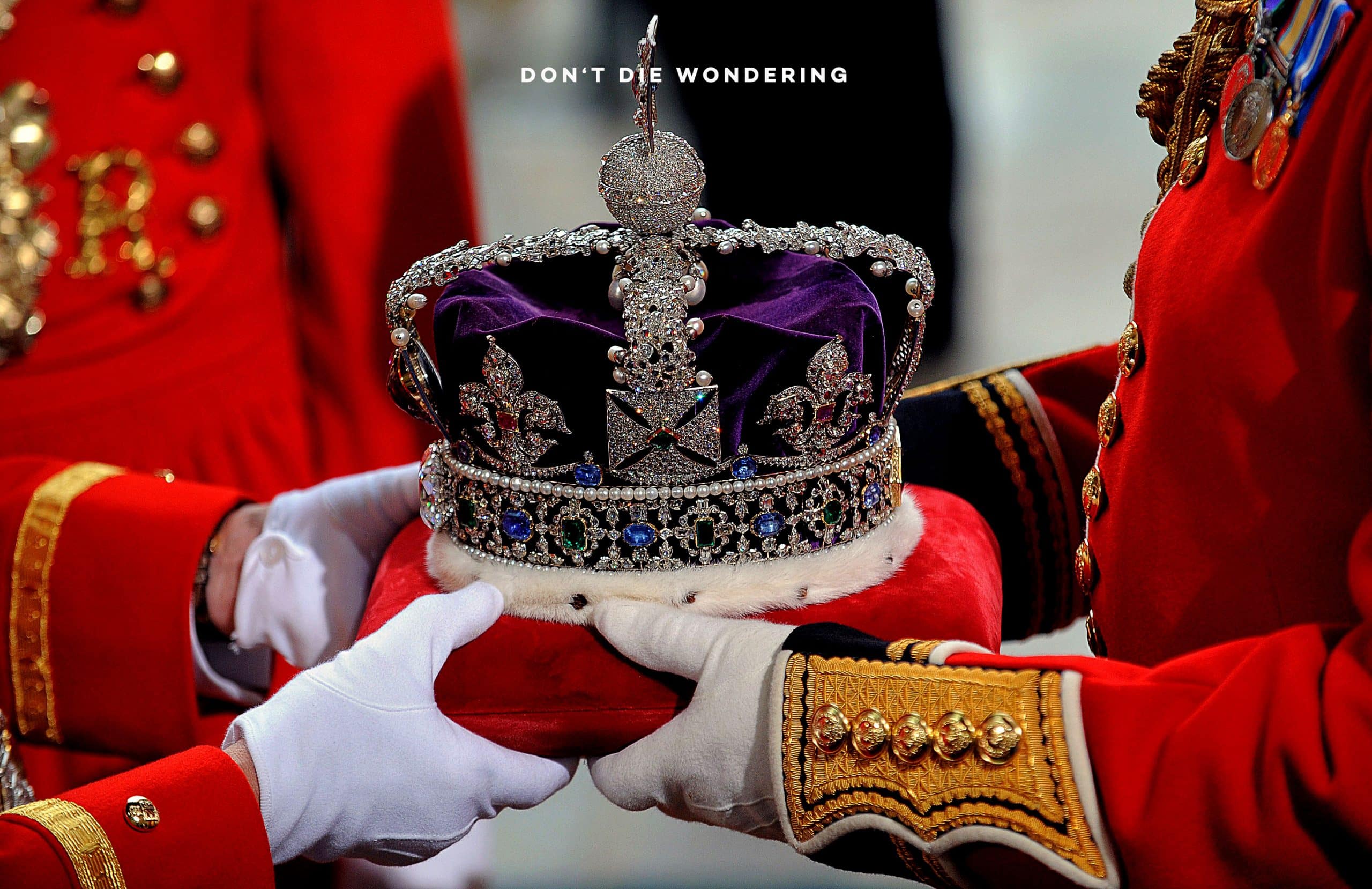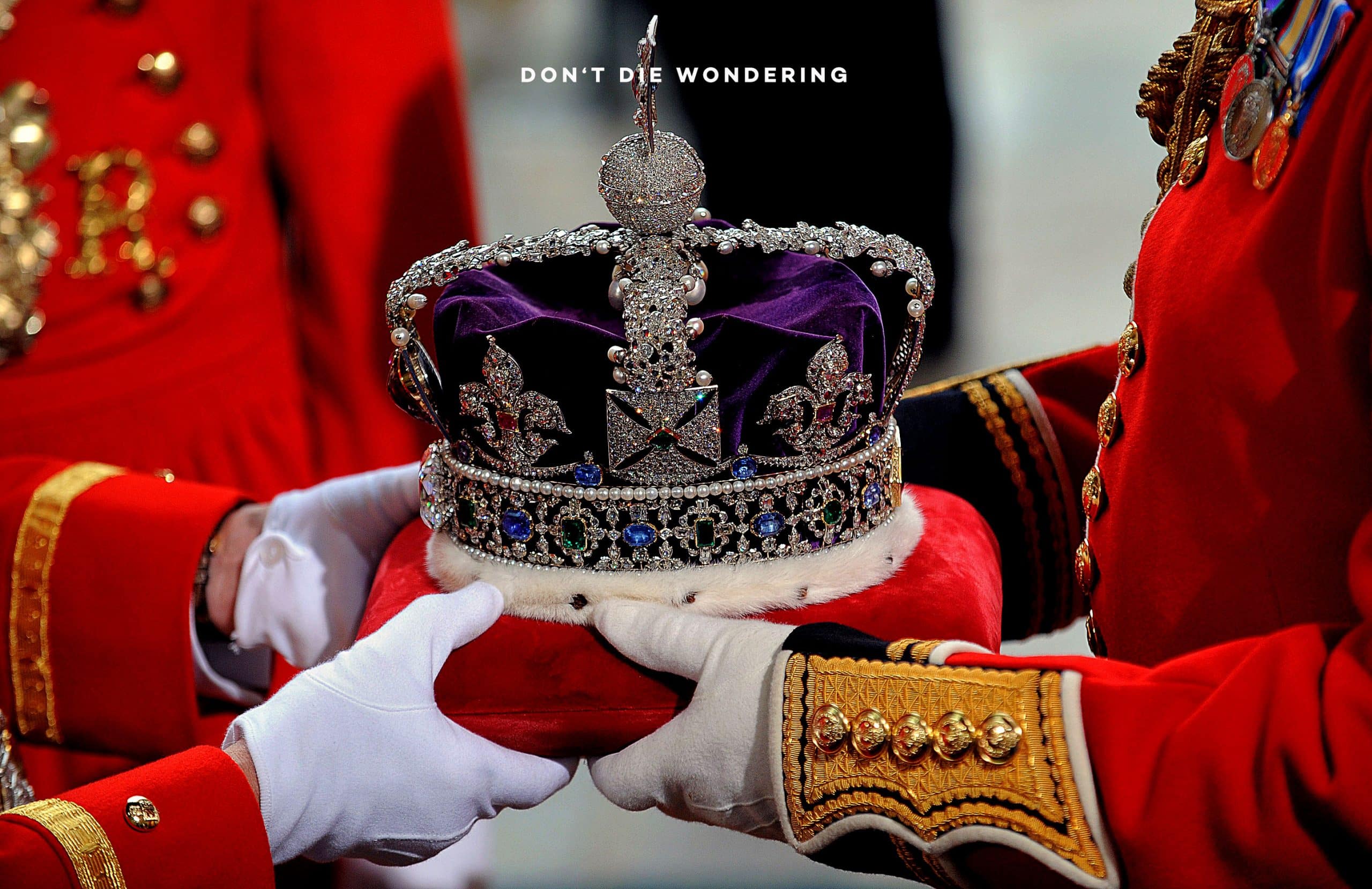They’ve arguably been the most talked-about family in the world for decades – however, it feels as though the discussion surrounding the British royals has been a hotter topic in recent years than ever before.
With the debates regarding the institution’s treatment of the late Princess Diana reignited by The Crown, the controversy surrounding ‘Megxit’, the public’s disgust at the now-disgraced Prince Andrew and the speculation around the reported feud between Harry and William, there’s scarcely a day when the British monarchy isn’t in the headlines.
Furthermore, it feels as though the royals are increasingly at the forefront of world news coverage for all the wrong reasons – just this week, it was reported that aides of Prince Charles accepted tens of thousands of pounds in order to secure royal honours for a rich Saudi donor. These days, controversy seems to follow the Windsors wherever they go – as one sensational story fizzles out, another appears to take its place.
With all this in mind, there are more and more questions being asked about the British royals these days, with one query growing seemingly more prominent by the day: are we heading towards a future without a British monarchy?
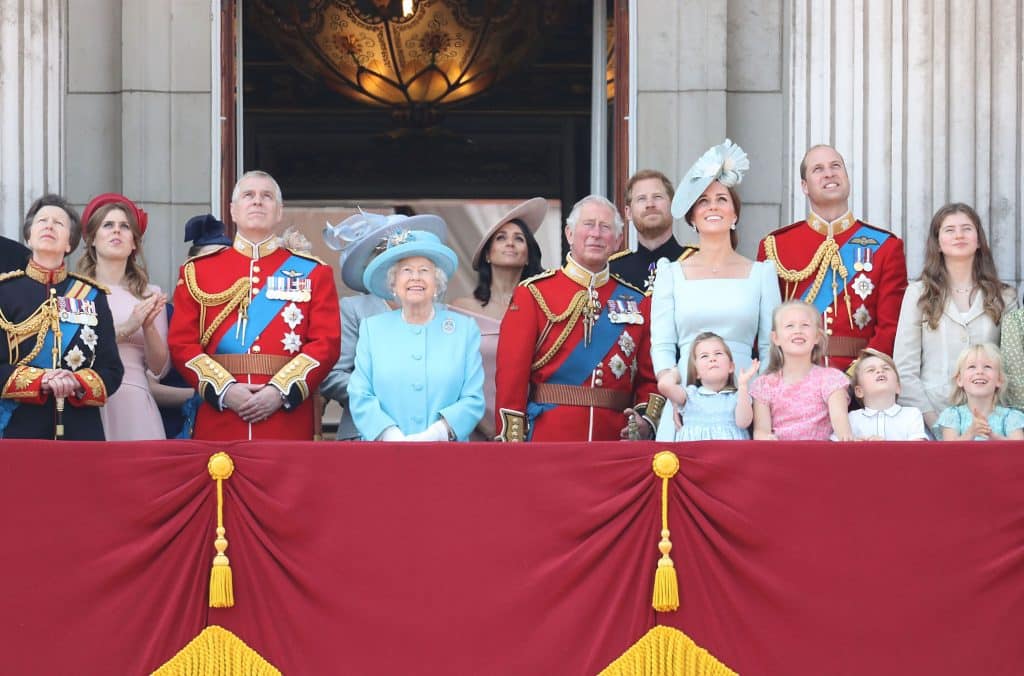
Changing Views
A recent survey by YouGov found that 81% of those surveyed above the age of 65 were still very much in favour of having the United Kingdom represented by the British royals. However, the results aren’t quite as positive for the monarchy across every age group.
41% of British people aged 18 to 24 would be happier to abolish the monarchy and have an elected head of state represent the United Kingdom, compared to the 31% who would vote to keep things as they are. It may not seem like the most dramatic of statistics, but it’s a huge shift compared to the results of a similar survey carried out just two years previously, in which a majority within this age group voted in favour of the British monarchy. So, where did it all go wrong? What is it about the royals that have shifted the youth’s perception of the institution?
Paid For By The Public
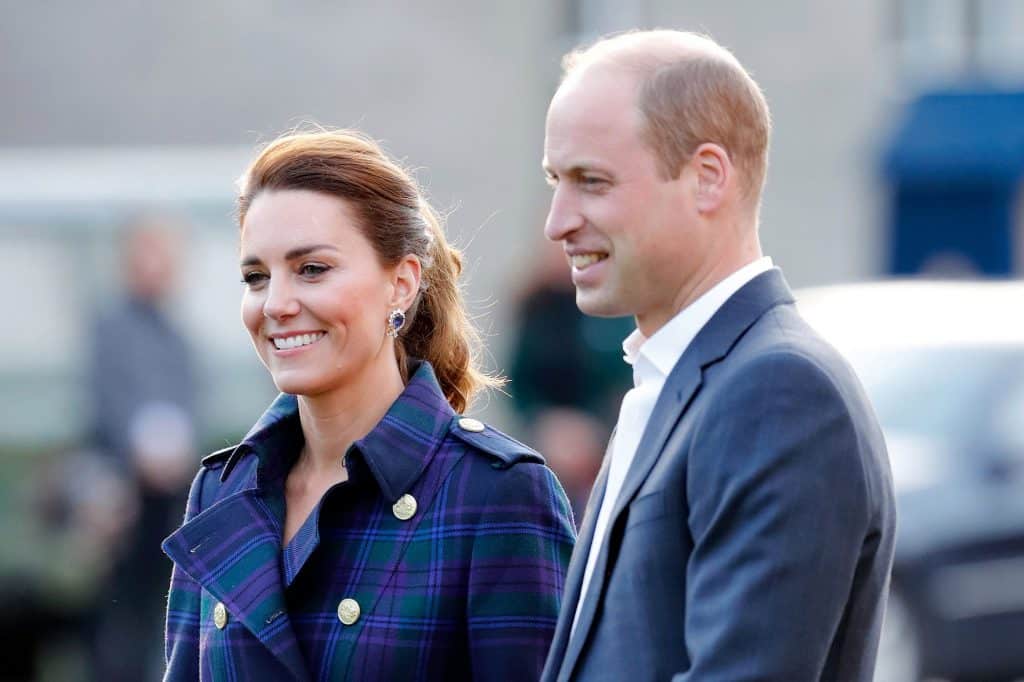
One of the most common arguments made in favour of abolishing the monarchy remains the cost to British taxpayers – and this certainly appears to hold some merit.
Accounts for the Sovereign Grant, which funds the British royals and their household expenses, revealed that £67 million went from UK taxpayers to the monarchy between 2018 and 2019. This was an increase of £20 million compared to the previous financial year – much of which went on renovating and updating royal properties, including Buckingham Palace and Frogmore Cottage.
The most common counter-argument to this point is based on the amount of money that the royal family bring into the UK economy, with Forbes magazine estimating that the house of Windsor is worth around £19 billion. Much of this figure, if accurate, is expected to come from the money brought into the UK via tourism, with royal tours and memorabilia remaining as popular as ever – public openings of royal properties, including the aforementioned Buckingham Palace and Frogmore House, are thought to consistently attract millions of visitors each year.
Faltering Popularity
The popularity of the royal family – at least, in terms of positive public perception – has certainly faltered over the last few years.
Netflix’s The Crown, the hugely popular drama based on the lives of the British royals since the coronation of Queen Elizabeth II, is thought to be a contributing factor in the decreasing popularity of the royal family amongst British youth. Across its four previous series, the drama has explored a number of royal controversies, most famously the affair between Prince Charles and the now Duchess of Cornwall, Camilla Parker-Bowles, during his marriage to Princess Diana.
The backlash against the royal family, specifically towards Prince Charles, grew so much surrounding the series that Netflix was urged to put a disclaimer in place to explain to viewers that many of the events depicted in The Crown, whilst based on fact, were entirely dramatised. However, the streaming giant has refused to do so, stating that they feel there is ‘no need’ for a disclaimer at the beginning of each episode. Showrunner Peter Morgan has further defended the programme’s historical accuracy, assuring viewers that the work is ‘thoroughly researched and true in spirit’.
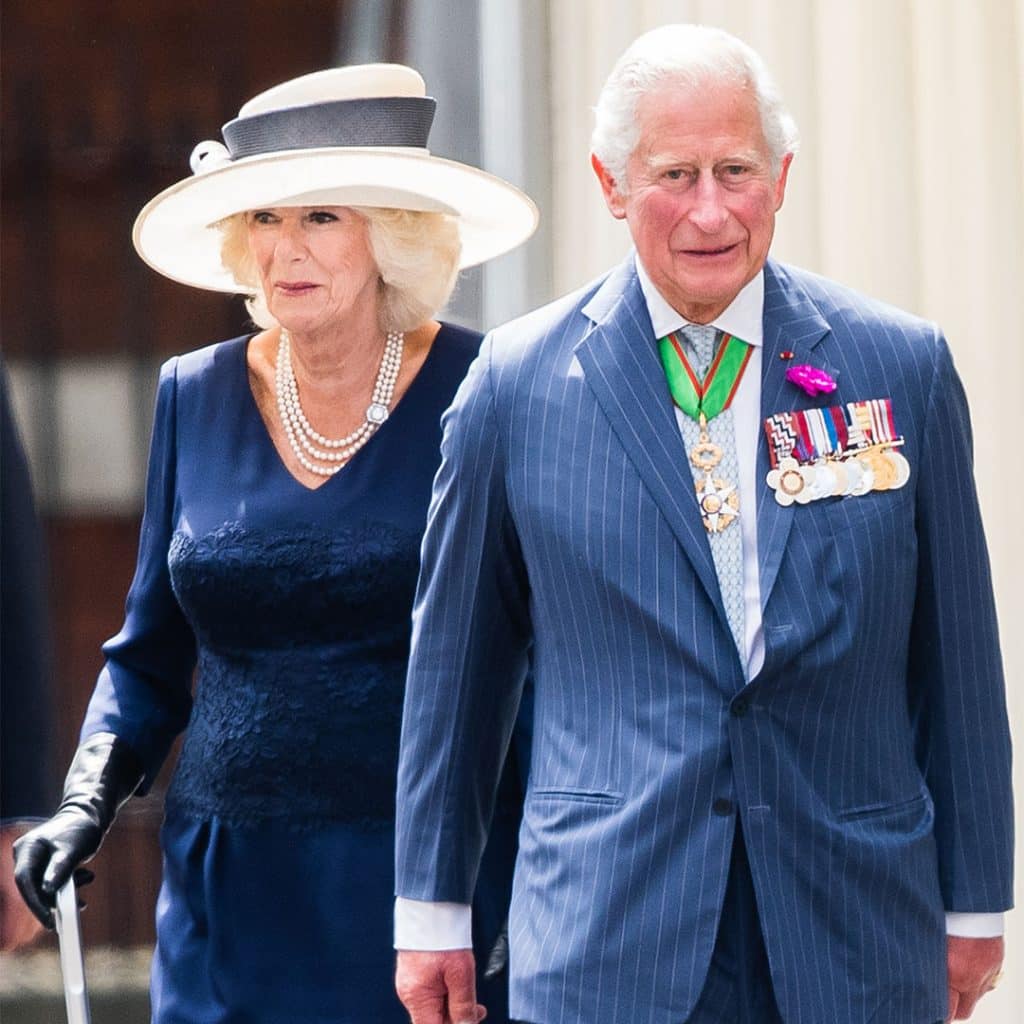
Prince Charles’ lack of popularity in comparison to his mother seems to contribute plenty to the calls for abolishing the monarchy, as he is next in line to the throne. However, whilst it was once thought that young people would simply be happier with the crown skipping a generation, making Prince William the next King of England, the Queen’s grandson has seen his own popularity fade over the last year amid rumours of a feud with Prince Harry and largely-forgotten rumours (though all remain without proof) of his own affair with a family friend.
The feud between the two brothers has been a contributing factor in itself. Whilst much of the British mainstream media has been set against Harry and Meghan since they announced their departure from royal duties in 2020, much of the public is on the side of the Sussexes. Support for Harry and Meghan grew further in early 2021 after their tell-all interview with Oprah Winfrey, in which they alleged that discussions took place regarding concerns over the colour of their baby’s skin, Meghan’s calls for help whilst dealing with depression were ignored by the institution on several occasions and that Prince Charles had stopped taking Harry’s calls over the last year.
When the institution responded by announcing investigations into claims that Markle bullied royal staff, many felt it was an attempt to deflect attention from the Sussexes’ claims.
Finally, and perhaps the most prominent factor in growing calls to abolish the monarchy, public outrage followed revelations that Prince Andrew was involved with convicted sex offender Jeffrey Epstein and allegations that he had solicited underage women himself. Fury grew even further when Andrew failed to disprove the claims in an interview with Emily Maitlis, seemingly deflecting certain questions in a way that led to growing suspicion. He ultimately stepped back from royal duties amidst the allegations, though many feel that this is not good enough – and that, if he was not a British royal, he’d face much harsher scrutiny and consequences.
All in all, it’s easy to see why public confidence in the monarchy has shifted so much in recent years.
What Would Happen If Britain Abolished The Monarchy?
Should calls to abolish the monarchy in Britain ever come to fruition, it wouldn’t be the first time this has happened.
Greece and Bulgaria abolished their own monarchies in 1973 and 1946 respectively following a public referendum, which is likely the route that would be taken in the United Kingdom. This would be an unprecedented vote of public opinion, far outweighing the complexity of the 2016 Brexit referendum – and, should the public vote to abolish the monarchy, it would likely come with an equally long following process.
Steps that would need to be taken would include a formal act of Parliament, as well as legislation that would, somewhat ironically, need to be signed by the sovereign themselves – the reigning monarch would be required to sign away their own livelihood.
Following this, the monarch would be forced to give up the majority of their royal property, including Buckingham Palace. Many of these properties would then likely be opened to the public, in an attempt to keep interest in royal tourism alive in the following years.
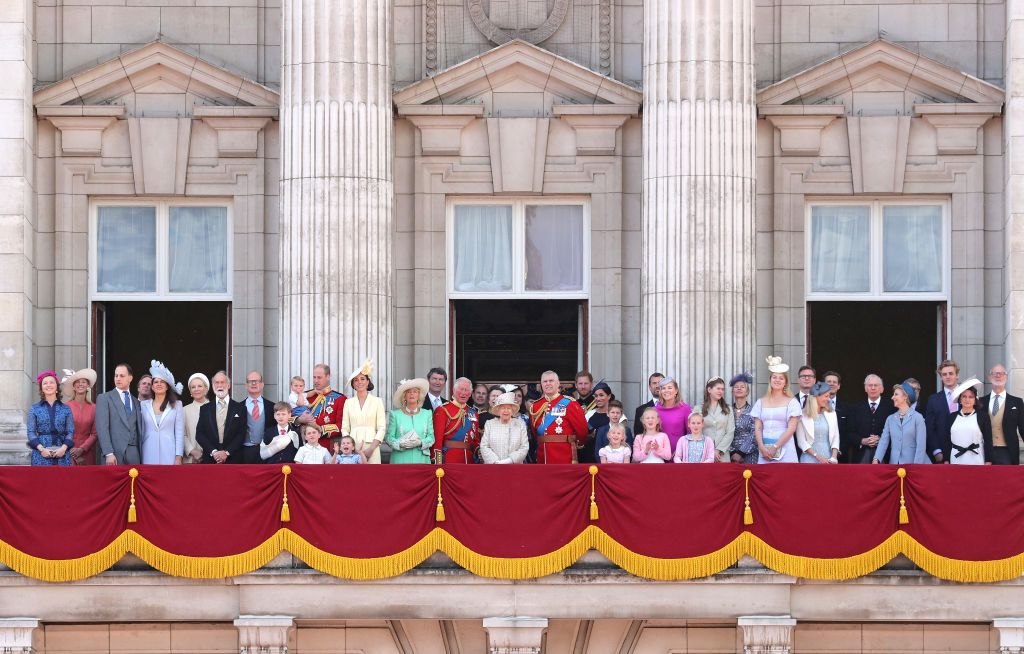
Should this process happen within the next few years, it’s expected that the elder members of the royal family – Queen Elizabeth, Prince Charles and the Duchess of Cornwall included – would likely retire from public life. Younger royals, such as the Duke and Duchess of Cambridge, would be expected to seek financial independence in the same way that the Duke and Duchess of Sussex have over the previous year.
This probably wouldn’t be too difficult for them, of course – Meghan and Harry are expected to earn around £1 billion in the coming years from corporate deals and brand ambassador roles. The Cambridges’ children would likely be at the forefront of the British social elite, much in the same way that Princess Olympia of Greece is these days.
However, it’s worth noting that this process, despite increased calls from the public, still appears to be a fairly unlikely possibility – at least within the near future.
There’s no way of knowing what will happen to the British monarchy over the next few decades – for now, it appears all efforts are focused on restoring the public’s faith in the institution to the level it stood at before these recent controversies hit. Whether or not this can be done, only time will tell.

